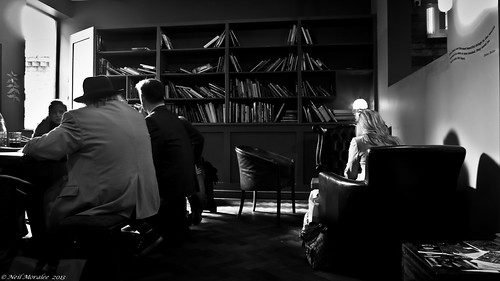I wrote about a number of
people who JFDI and how this may have the
ability to make gentrification and other social conflicts a little more easier on a community.
On top of that I’ve been thinking how the traditional business models of shareholders wanting continues growth year on year is causing so many issues (well that and diversity). Anyway it got me thinking, maybe social and community startups are the new (ecstasy! I’m kidding, just following my previous post) thing. Don’t get me wrong theres been social enterprises for many years but this is something slightly more appealing.

Just flipping do it already!
Without knowing it, they are embracing the same approaches and plans as startups. Crowd funding, flat structures, lightweight project management tools and an attitude of just fucking do it . All are the hallmark of the following projects. James Headifen who runs the Ancoats Canal Cleanup project. Pam Warhurst who started something in Todmorden (still need to visit) by simply doing something which is highly copyable and makes people happy. Homebaked a co-working space, bakery and the cornerstone of the local community, MadlabUK and DoES Liverpool a hacker and community space, giving room to a number of different types of niche hobbies and activities. Run very much in a JFDI style.

Chewing the fat with Chris
Me and Chris Northwood were in Vividlounge having breakfast thinking/talking about where startup culture starts to go wrong. We talked about the built to flip mentality and how that mentality is poisonous. Build your algorithm, get your users and market for me users. Nothing new and interesting for developers or designers to be involved in. Chris thought suggested it might be anti-developer , while I think it might be ultimately anti-human and progression.
Too many entrepreneurs, he believes, have a “built-to-flip mentality, as opposed to a built-to-last, built-to-change-the-world mentality.”
I mentioned this blog post I was writing in my mind, and talked about the examples I listed above. Social enterprises, ethical startups, what ever they are called… We need to foster and support more of them (this links to Adrian Hons talk from TedxLiverpool about supporting those who are brave enough to take up this challenge). But if you were starting a social enterprise, where would you go?
When I show people around Manchester’s northern quarter, I tend to have a story which I tell people. If you are setting up a business, the coffee shops of the northern quarter are a great place to get inspiration and get work done. But if you wanted something a little more focused,there is a co-working spaces in Madlab on Friday and there is the classroom. If you wanted more, the next step would be Techhub Manchester and beyond that you could get yourself a little office.

The local spaces on your doorstep
Chris suggested Libraries could have a role in this? University libraries are fruitful places supporting students for hours and hours working alone and together. Why is the public libraries not the same? Unlike Techhub which is driving you towards a more traditional startup outcome. Imagine a library as a co-working space with focused advice on how to run a social/ethical/community business… In return you get a free space and access to more resources including maybe funding?
For example we have our islington wharf residents meetings in the local NHS centre which has plenty of rooms not in use after 5pm. Because we are a local and non-profit organisation, we can rent the rooms for free. Certainly beats trying to hold a residents meeting in bar/cafe or one of our living rooms. There are tons of places like this which are underutilised but we pay for out of our taxes. These places can be the difference between a small gathering in a coffee shop and a place to actually bring people together. The library is ideal in my mind.
I’m aware of things like the Coworking directory but there is something interesting about supporting other non-profits in a public space.
Talking to Davemee one of the founders of Madlab, this blog might seem slightly simplistic, native and may misunderstand the extreme difficulties in getting a social/community/non-profit business off the ground. But I argue it should be as simple as setting up a startup and what a time to do it…









